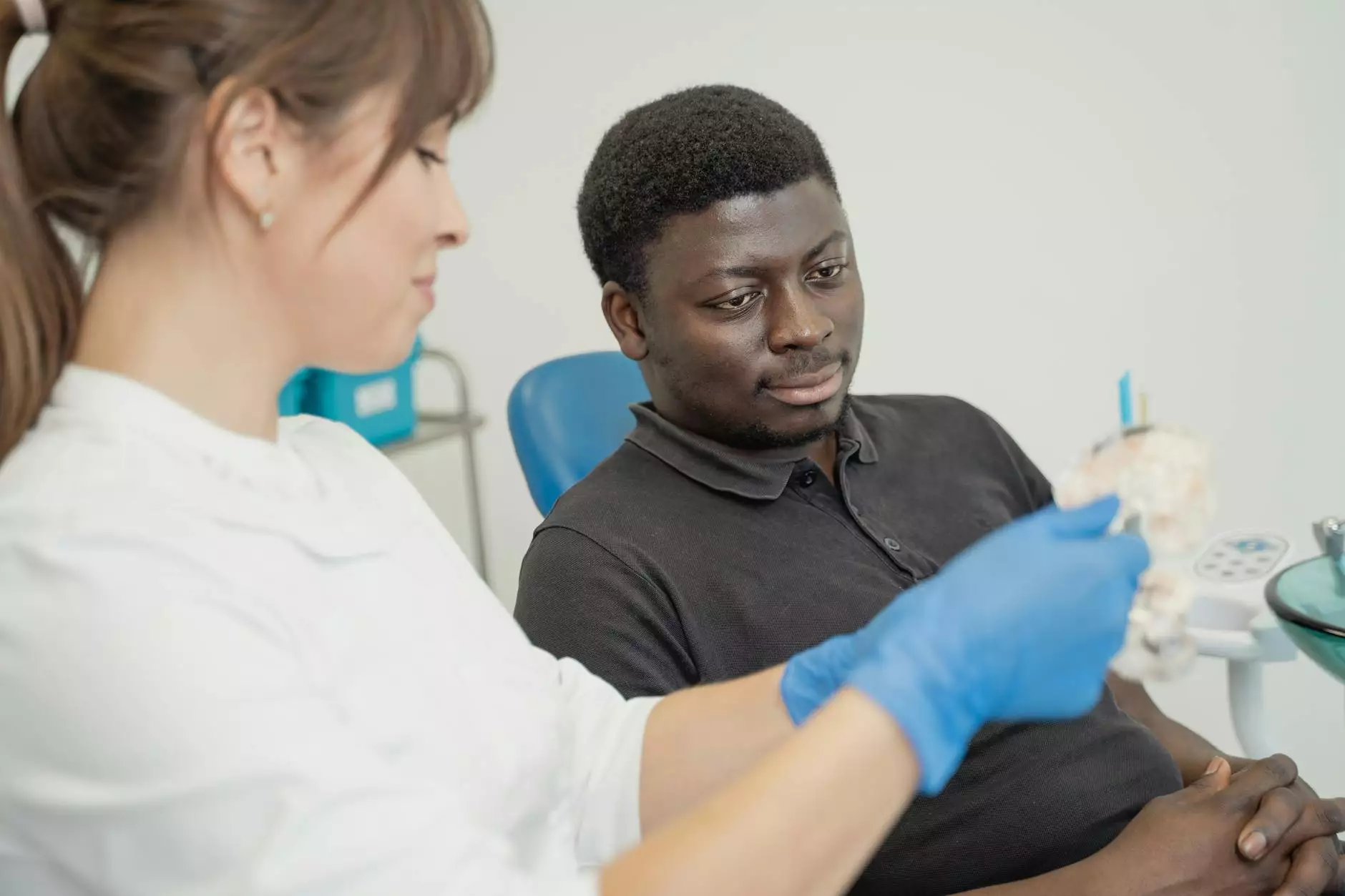Understanding the **Risk of Ovarian Cancer After Hysterectomy**

Hysterectomy remains one of the most frequently performed surgical procedures for women. While it offers numerous health benefits, many women may have concerns about its long-term consequences - particularly regarding the risk of ovarian cancer after hysterectomy. Understanding this risk is essential for making informed medical decisions.
What is a Hysterectomy?
A hysterectomy is the surgical removal of the uterus, and in some cases, it may include the removal of surrounding structures, such as the cervix, fallopian tubes, and ovaries. This procedure is usually conducted to treat various medical conditions, including:
- Uterine fibroids
- Endometriosis
- Uterine prolapse
- Abnormal vaginal bleeding
- Certain cancers
Types of Hysterectomy
There are different types of hysterectomies, each with varying implications for a woman’s reproductive health:
- Total Hysterectomy: Removal of the uterus and cervix.
- Subtotal or Partial Hysterectomy: Removal of the uterus while leaving the cervix intact.
- Radical Hysterectomy: Removal of the uterus, cervix, part of the vagina, and surrounding tissues, often used in cancer treatment.
- Salpingo-Oophorectomy: Removal of one or both ovaries and fallopian tubes, sometimes performed alongside a hysterectomy.
Does Hysterectomy Affect Ovarian Cancer Risk?
One of the significant concerns post-hysterectomy is the potential risk of ovarian cancer. Research indicates that women who undergo a hysterectomy may experience different risks based on their surgical history and other factors.
When the ovaries are preserved during a hysterectomy, they remain at risk of developing ovarian cancer. However, if a woman has a hysterectomy along with an oophorectomy (removal of the ovaries), her risk is substantially reduced. Studies suggest that removal of the ovaries decreases ovarian cancer risk by more than 95%.
Key Factors Influencing Ovarian Cancer Risk Post-Hysterectomy
Several variables can influence the risk of ovarian cancer after hysterectomy, including:
- Age: The risk of ovarian cancer increases with age, especially in women over 50.
- Genetic Factors: Women with BRCA1 or BRCA2 gene mutations are at a significantly higher risk.
- Family History: A family history of ovarian or breast cancer can increase risk.
- Type of Hysterectomy: Whether or not the ovaries are removed affects cancer risk significantly.
- Hormonal Factors: Hormone replacement therapy (HRT) may also play a role in defining cancer risk.
Post-Hysterectomy Health Monitoring
Women who have undergone a hysterectomy should remain vigilant about their health. Regular check-ups and consultations with healthcare professionals specializing in women's health are essential. Postoperative care may include:
- Regular pelvic exams and imaging studies; for instance, transvaginal ultrasound.
- Routine blood tests to evaluate ovarian function.
- Awareness of symptoms relating to ovarian cancer such as abdominal swelling, pain, or changes in digestion.
- Discussion of personal and family medical history with a healthcare provider to assess individual risk factors.
The Importance of a Multidisciplinary Approach
To effectively manage women's health post-hysterectomy, a multidisciplinary approach is crucial. This approach may involve:
- Consultation with obstetricians and gynecologists who specialize in surgical interventions.
- Collaboration with oncologists for women with higher cancer risk profiles.
- Involvement of genetic counselors for those with family histories of cancer.
Emotional and Psychological Considerations
In addition to the physical implications, undergoing a hysterectomy can have significant emotional and psychological effects. Women often experience feelings of loss or anxiety related to fertility, sexuality, and health outcomes. Addressing these feelings with mental health support, such as counseling, can be immensely beneficial. Support groups can also provide valuable peer support for those navigating these challenging emotions.
Hormonal Considerations After Hysterectomy
Women who undergo a hysterectomy, especially one that includes the removal of ovaries, may experience hormonal changes that can impact overall health and well-being. Hormone replacement therapy (HRT) might be an option to mitigate symptoms of menopause, including:
- Hot flashes
- Mood swings
- Vaginal dryness
It's essential for women considering HRT to discuss potential risks and benefits with their healthcare provider, as every individual's health profile is unique.
Conclusion: Navigating the Risks and Benefits
Understanding the risk of ovarian cancer after hysterectomy is crucial for women who are considering or have undergone this surgery. While a hysterectomy can greatly improve quality of life by addressing various health concerns, it is essential to weigh the surgical options carefully and stay informed about one’s health.
Consulting with qualified healthcare professionals at establishments like drseckin.com can provide valuable insights into personal health, screening options, and ongoing monitoring of potential risks, including ovarian cancer. By keeping informed and seeking appropriate medical guidance, women can make empowered decisions regarding their health and well-being.








